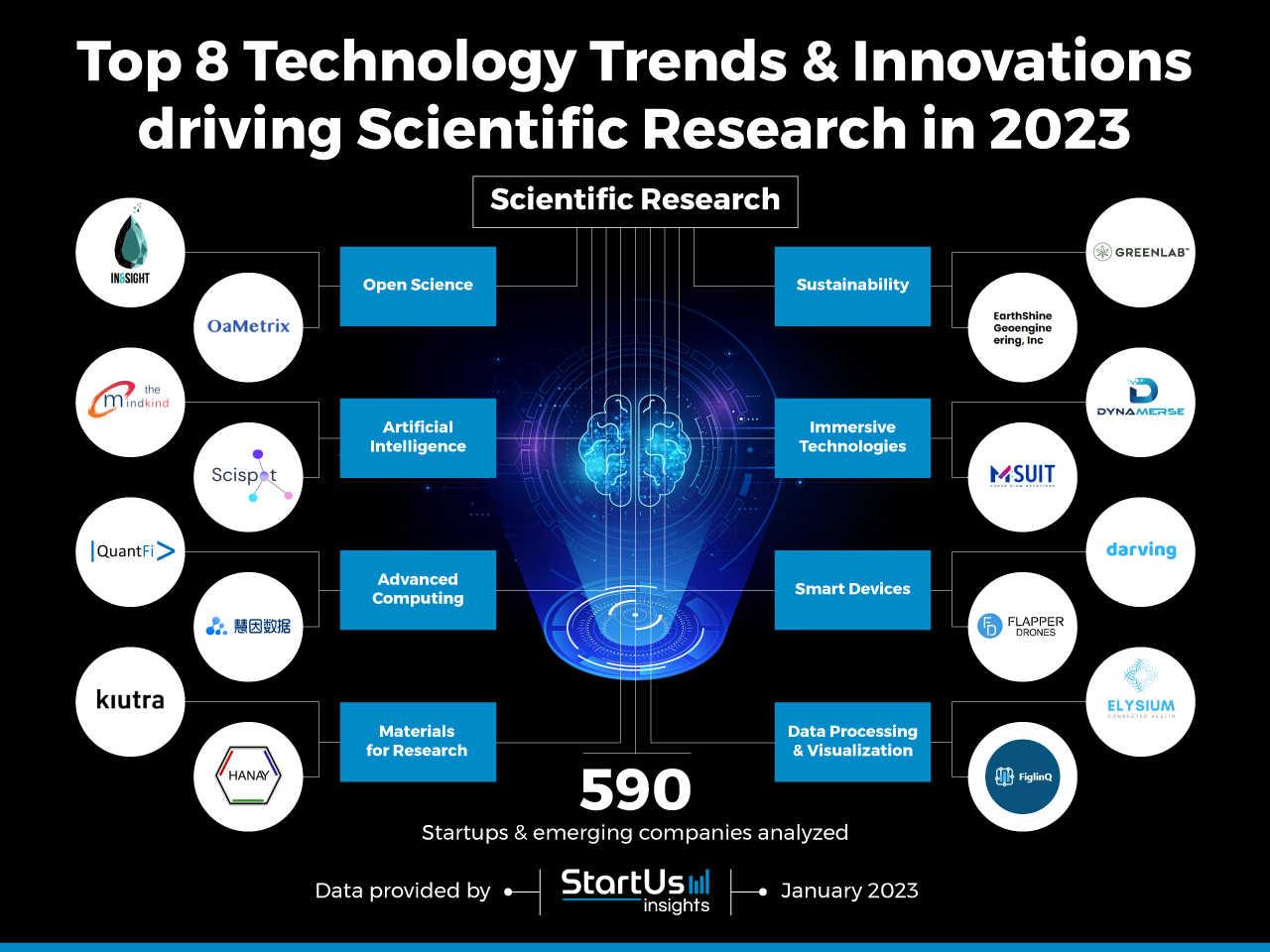Introduction
Artificial Intelligence (AI) is revolutionizing numerous fields, and its impact on research methodologies is becoming increasingly profound. As AI technologies continue to advance, they are reshaping how research is conducted, analyzed, and applied. This article explores how AI innovations are transforming future research methodologies, focusing on the benefits, challenges, and potential implications for various research disciplines.
AI-Driven Research Tools
AI is enhancing research methodologies through the development of advanced tools that streamline data collection, analysis, and interpretation. Machine learning algorithms and natural language processing (NLP) have enabled researchers to handle vast amounts of data with greater efficiency and accuracy. AI-powered tools can automate repetitive tasks, such as data entry and literature reviews, allowing researchers to focus on more complex analytical tasks.
For instance, AI algorithms can analyze large datasets to identify patterns and correlations that might be missed by human researchers. This capability is particularly useful in fields such as genomics and epidemiology, where massive amounts of data need to be processed and interpreted.
Enhanced Data Analysis
One of the most significant impacts of AI on research methodologies is the enhancement of data analysis. AI technologies, such as deep learning and neural networks, offer sophisticated techniques for analyzing complex datasets. These techniques can uncover hidden insights and provide more accurate predictions, leading to more informed research outcomes.
AI-driven data analysis tools can handle unstructured data, such as text, images, and videos, allowing researchers to extract valuable information from diverse sources. For example, sentiment analysis algorithms can analyze social media posts to gauge public opinion on various topics, providing researchers with real-time insights into societal trends.
Personalized Research Approaches
AI innovations are enabling personalized research approaches by tailoring methodologies to individual research needs. Adaptive learning systems and AI-powered recommendation engines can suggest relevant research papers, methodologies, and data sources based on the researcher’s interests and previous work. This personalization enhances the efficiency of the research process and ensures that researchers have access to the most pertinent information.
Furthermore, AI can assist in designing experiments and simulations that are customized to specific research objectives. By analyzing previous research outcomes and identifying gaps, AI can propose innovative experimental designs and methodologies that address existing challenges.
Ethical Considerations and Challenges
Despite the numerous benefits of AI innovations, there are ethical considerations and challenges that researchers must address. The reliance on AI technologies raises concerns about data privacy, algorithmic bias, and the potential for misuse. Ensuring that AI tools are used responsibly and ethically is crucial for maintaining the integrity of research methodologies.
Researchers must also be aware of the limitations of AI technologies. While AI can enhance data analysis, it is not infallible. AI algorithms are only as good as the data they are trained on, and poor-quality or biased data can lead to inaccurate results. Researchers need to critically evaluate AI-generated insights and complement them with traditional research methods.
Future Implications
The integration of AI into research methodologies is expected to have far-reaching implications for various disciplines. In the field of medicine, AI innovations are driving personalized treatment approaches and accelerating drug discovery. In social sciences, AI is enabling more nuanced analyses of human behavior and societal trends. Across all research fields, AI is enhancing the speed and accuracy of scientific discoveries and contributing to a deeper understanding of complex phenomena.
As AI technologies continue to evolve, future research methodologies will likely become even more sophisticated and data-driven. Researchers will need to stay abreast of AI advancements and adapt their methodologies accordingly. Collaboration between AI experts and researchers will be essential for harnessing the full potential of AI while addressing the associated challenges.
Conclusion
AI innovations are significantly impacting future research methodologies by enhancing data analysis, personalizing research approaches, and introducing new tools and techniques. While AI offers numerous benefits, researchers must navigate ethical considerations and challenges to ensure responsible use. As AI technologies advance, they will continue to shape the future of research, leading to more efficient, accurate, and innovative methodologies.















